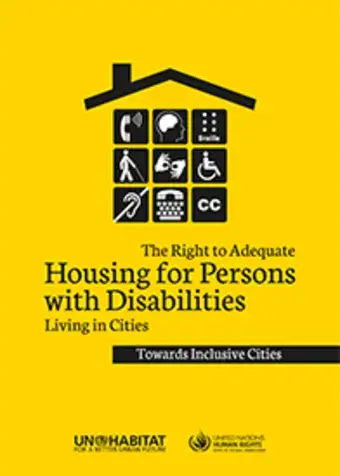Ramallah, December 19, 2016 - UN-Habitat and its national partner, State of Palestine Ministry of Local Government launched two new publications under the framework of the joint cooperation to defend and advocate for the planning rights of Palestinian communities in Area C of the West Bank that is effectively controlled by the Israeli authorities.
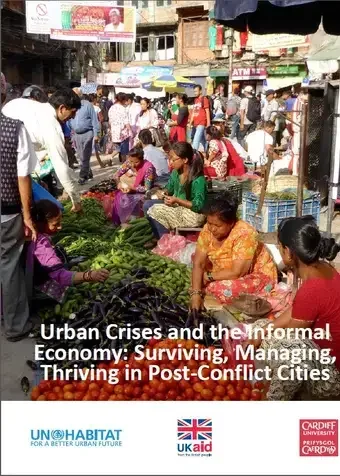
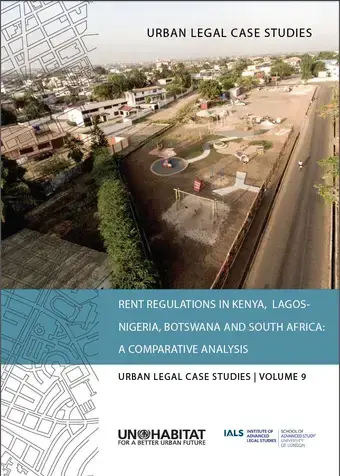
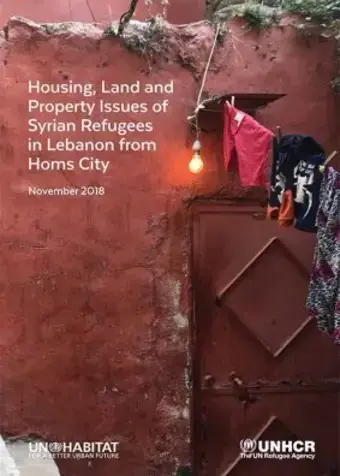
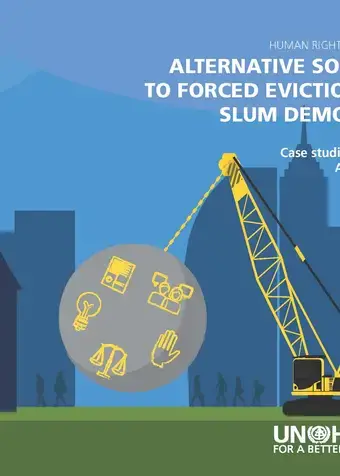
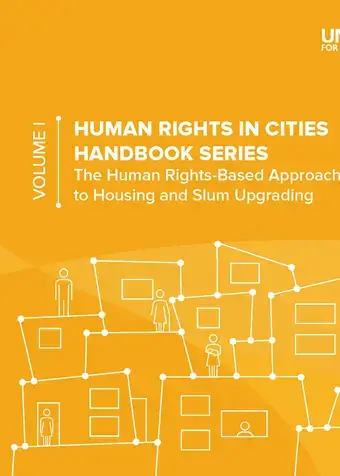
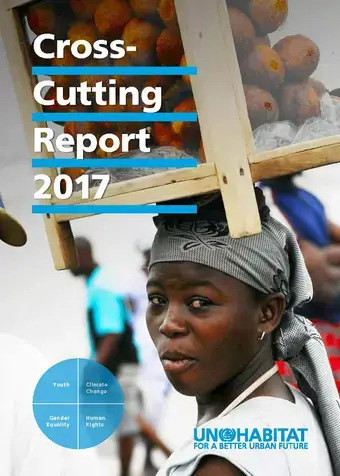
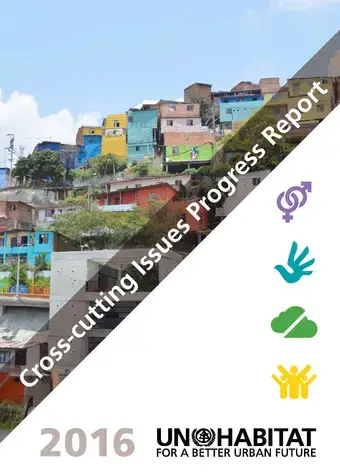
 The Cross-Cutting issues focused within UN-Habitat are human rights, gender, the youth and climate change. As part of the UN family, UN-Habitat is mandated to respect, promote, and protect human rights in all of its activities.
The Cross-Cutting issues focused within UN-Habitat are human rights, gender, the youth and climate change. As part of the UN family, UN-Habitat is mandated to respect, promote, and protect human rights in all of its activities.